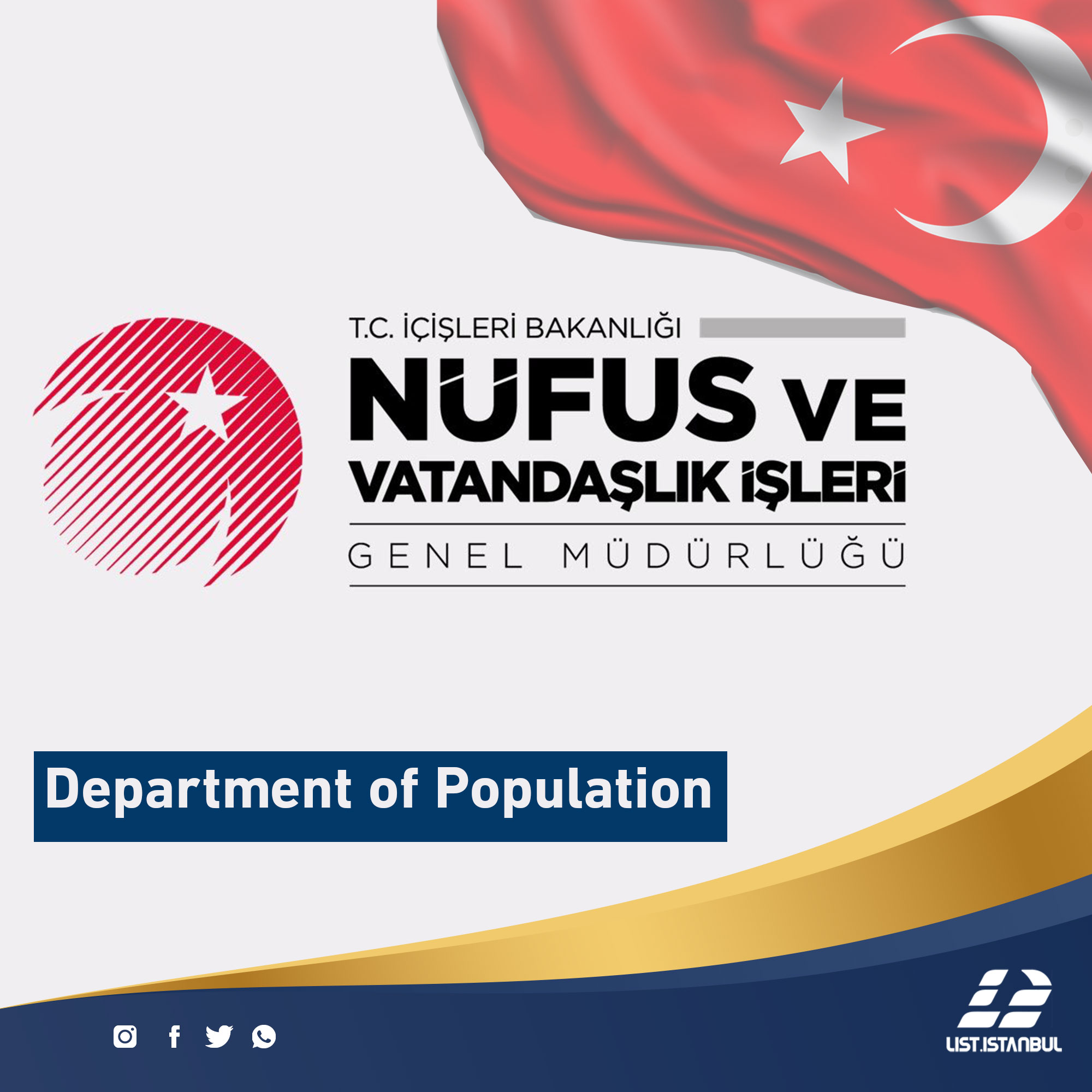A Turkish expert in genetics and microbiology said that the recently discussed "Hanta" virus is not a new virus and will not cause a global epidemic like Corona.
Bushra Tikah Kazan, an expert and researcher at Yedi Tabah University in Istanbul, told Anatolia that there is no need to panic from the Hanta virus as it has a different genetic makeup from SK.
She considered that the recent resurgence of his appearance and the death of a person came as a pure coincidence.
"The Hunt virus cannot spread from human to human, and this shows that although the virus appeared in a public place in China, there was no need for quarantine."
"Even if the virus starts to spread, it will be much easier to contain than COFED 19, because it is transmitted from rodents only."
As precautionary measures that can be taken to prevent the virus, Kazan said the most important precautions are to limit contact with rodents.
"Also, hygiene is extremely important. If we work with rodents in laboratories, they should not be touched by hand, and we should always use protective gloves and equipment," according to the Turkish expert.
When asked whether the Hanta virus could be more dangerous for people raising pets, Kazan said that the infection cannot pass from pets to humans.
"Generally, as a precaution, all pet owners should not allow their pets to go to places where rodents live," she said.
The virus, which causes what is known as "pneumococcal pneumonia", was first discovered in the United States in 1993.
Hanta's pulmonary syndrome is similar to the symptoms of regular influenza, but it may quickly worsen into life-threatening respiratory problems.
According to the World Health Organization, this syndrome is a respiratory disease in Russia of animal origin, and the infection is transmitted to humans mainly through inhalation of droplets or contact with the droppings of infected rodents, droppings or saliva.
Source: Anadol








